 About 30 neighborhood residents were appropriately “Curious about Cannabis” and attended an Oct. 25 evening salon with that theme hosted by BHCA’s Gray Panther caucus of older residents. Dr. Dan Morhaim, a member of the faculty at JHU School of Medicine and a longtime delegate to the Maryland General Assembly, spoke as a fierce advocate for legalization and a cautious supporter of cannabis use.
About 30 neighborhood residents were appropriately “Curious about Cannabis” and attended an Oct. 25 evening salon with that theme hosted by BHCA’s Gray Panther caucus of older residents. Dr. Dan Morhaim, a member of the faculty at JHU School of Medicine and a longtime delegate to the Maryland General Assembly, spoke as a fierce advocate for legalization and a cautious supporter of cannabis use.
Morhaim is an ER physician. He saw for many years the damaging unfairness and violence caused by the national war on drugs initiated, he said, solely for political reasons during the presidency of Richard Nixon. A lasting result of that failed effort to criminalize marijuana sales and use has led to severe restraints on medical research on the efficacy of cannabis as a useful medical product, as well as on its limitations and dangers.
Two years ago President Biden directed his Health and Human Services secretary to review the legal classification of cannabis as a dangerous drug. Federal law currently classifies it in Schedule I of the Controlled Substances Act. That is higher than the classification of fentanyl and methamphetamine – the drugs that are driving our overdose epidemic. Biden also pardoned everyone ever convicted of federal charges for simple possession and urged governors to do the same. Cannabis is now legally available in 24 states, including Maryland. Recreational use of cannabis, legal since July in Maryland, does not require a medical card or purpose.
Speaking as a physician, Morhaim said that while there is widespread evidence that for some adults the recreational use of cannabis in proper dosages is relaxing, harmless and pleasurable, there are plenty of warning signs that incautious use can produce adverse effects best addressed by temporary abstinence or reduced intake. He likened it to excessive use of alcohol. “For those who may have experimented with marijuana in earlier times, it is important to note that today’s cannabis products are very different and stronger than what you likely remember,” he said.
He also said there are few similarities between the smoked “joints” that have been popular and the various methods available today through state-licensed shops for more systematic and controlled smokeless intake with hookah-like devices as well as in gummies, chewables, mints, baked products and tablets.
Most in the audience, however, asked about the medical potential of cannabis in dealing with post-surgical or chronic pain, anxiety and sleeplessness — ailments common in older adults. Morhaim said that there is lots of positive anecdotal evidence, but little meaningful blind-test data to support those reports.
Dr. Morhaim suggested that those who think they may want to try cannabis for a medical purpose at some future date move now to obtain the required state eligibility card. He said the state process can be slow. Apart from having the card in hand when deciding to purchase a cannabis product, he said, medical purchases are not subject to the 9 percent state tax imposed on cannabis products for non-medical use.
He also suggested that anyone with health issues should contact their physician before making regular use of cannabis, since it could interact negatively with other medications.
